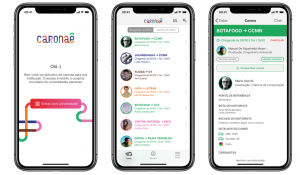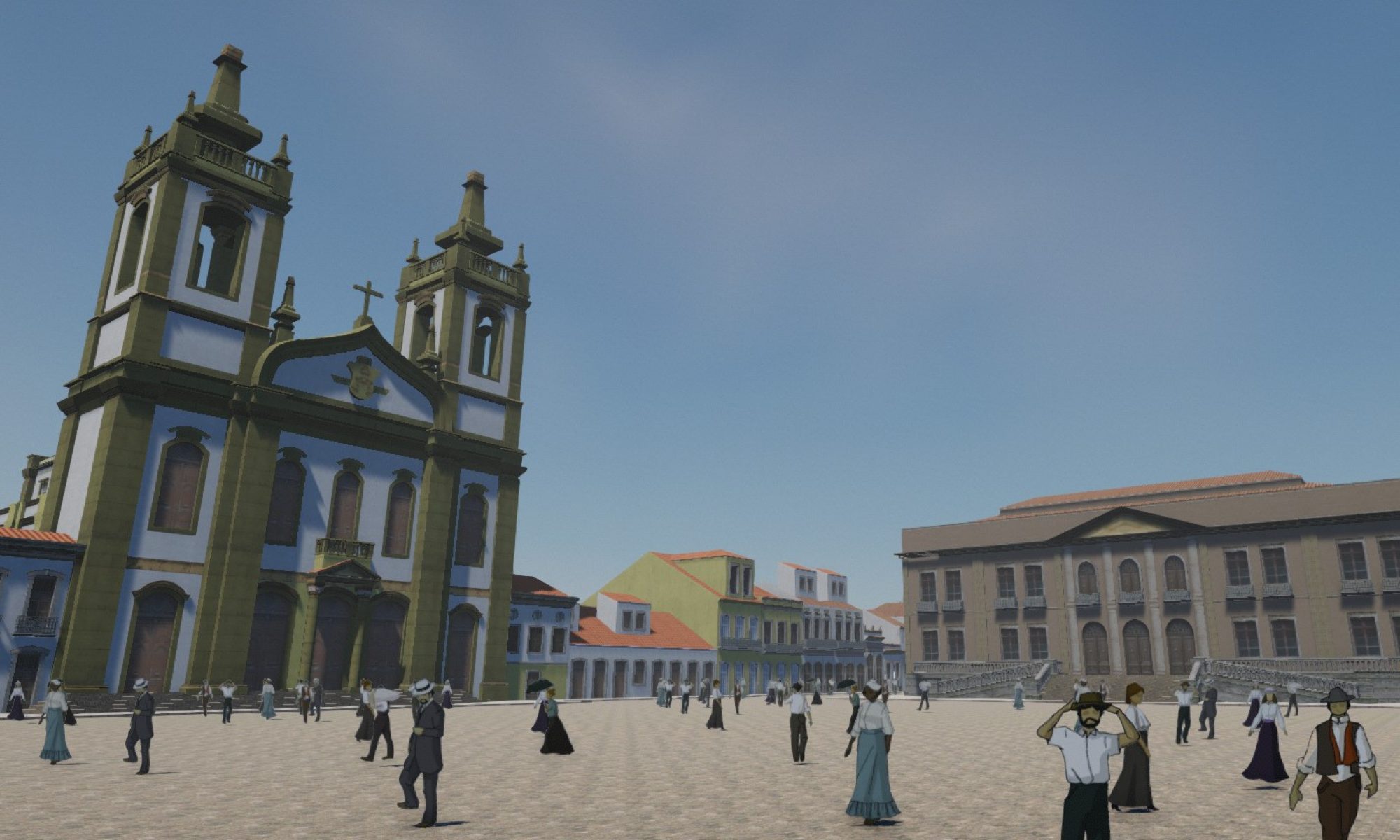Location-based mobile applications have been a rising theme for academics in
the field of urbanism and in urban and transportation, because of the potential of transformation they might bring to the urban landscape (De Souza e Silva, 2013).
One of the possibilities we study here is to observe social encounters fostered by commuting rides. In this paper, we try to examine the practice from the broad perspective of estimating the environmental benefits, in a context where digital information technology is wielded to address problems old and new (Townsend, 2014). This paper aims to analyze the potential of transformations that new ICTs bring to urban mobility, using as case study the official ridesharing system of the Federal University of Rio de Janeiro, the Caronaê project. The system was developed focusing on the reduction of the number of motorized trips to the University, as well as the amount of CO2 generated by them. Here we analyze the dynamics of ridesharing, using the system data, and also try to observe the role it may play towards the promotion of integration in the UFRJ community.
Keywords: mobile apps, urban mobility, ridesharing, caronae ufrj
Autores
Ano do texto: 2019
Citação ABNT
TEIXEIRA, L. C. ; PARAIZO, RODRIGO CURY . Caronae – ridesharing and first steps into commuting opportunitie of academic exchange. In: 37th eCAADe and 23rd SIGraDi Conference, 2019, Porto. Architecture in the Age of the 4th Industrial Revolution – Proceedings of the 37th eCAADe and 23rd SIGraDi Conference. Porto: eCAADe/SIGraDi/FAUP, 2019. v. 1. p. 805-816.

